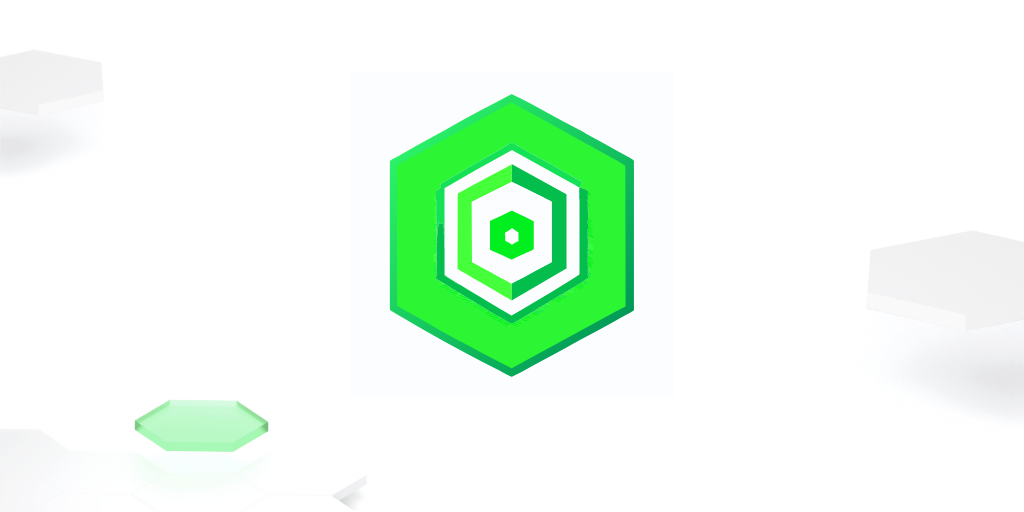Tokenize.it uses tokens to simplify the investment process in German startups. However, for new users, the question arises what tokens are and what they are used for.
Tokens are used in various ways in the crypto scene, making it difficult to find an exact definition that covers all areas. In general, a token can be understood as a digital proof of ownership that has its own value or reflects a value. Tokens are stored in a blockchain, which make them tamper-proof and immutable.
The crypto project Ethereum has fundamentally shaped the concept of token. The ERC-20 standard is one of the best-known guidelines for the uniform creation of tokens within the Ethereum ecosystem. Smart contracts are used to create a token, which is called “minting”.
Different types of tokens
In general, tokens can be divided into three categories: utility token, payment token, and security token.
Utility tokens
A utility token represents access to or use of a specific product or service offered by a company or organization. An example of a utility token would be access to a particular software platform or online community. The value of the utility token depends on the demand for the product or service for which it can be used.
Payment tokens
Payment tokens, on the other hand, are a type of cryptocurrency specifically designed for payments and transactions. Unlike other cryptocurrencies, which may have various use cases, a payment token focuses exclusively on the purpose of being used as a means of payment. Examples of payment tokens include Bitcoin, Litecoin, or Ripple.
Security tokens
A security token represents a share in an asset or company and is subject to securities regulations. Owning a security token can give the holder the right to future profits, voting rights, or other ownership rights in a company or asset.
Coins vs tokens
Similar to payment tokens, Bitcoin, Litecoin, and Ripple are intended exclusively as a means of payment. However, they are not defined as tokens but rather as coins. The distinction lies in the fact that tokens like USDC and DAI follow a token standard (ERC-20), making them versatile within the Ethereum ecosystem. As a result, they can be easily integrated into Ethereum wallets (e.g. MetaMask) or used on decentralized trading platforms (e.g. Uniswap). Coins, on the other hand, operate solely on their own blockchain, which makes them less flexible.
Application of tokens in practice
But what kind of tokens does Tokenize.it use and what are they intended for? Tokenize.it helps founders create their own tokens, whose holders gain certain rights such as the right to profit sharing, liquidation proceeds, and information rights - much like shareholders who own traditional corporate shares. Due to the functional comparability of the tokens to securities, there is good reason to believe that the tokens are security tokens.
As an investor, you can manage your own tokens at any time and, depending on demand, exchange them for other cryptocurrencies or fiat currencies. With our platform, as a founder, you can create an investment offer according to your own terms and send it to potential investors via a link. This digitizes your financing process, making you more flexible and saving you time.














